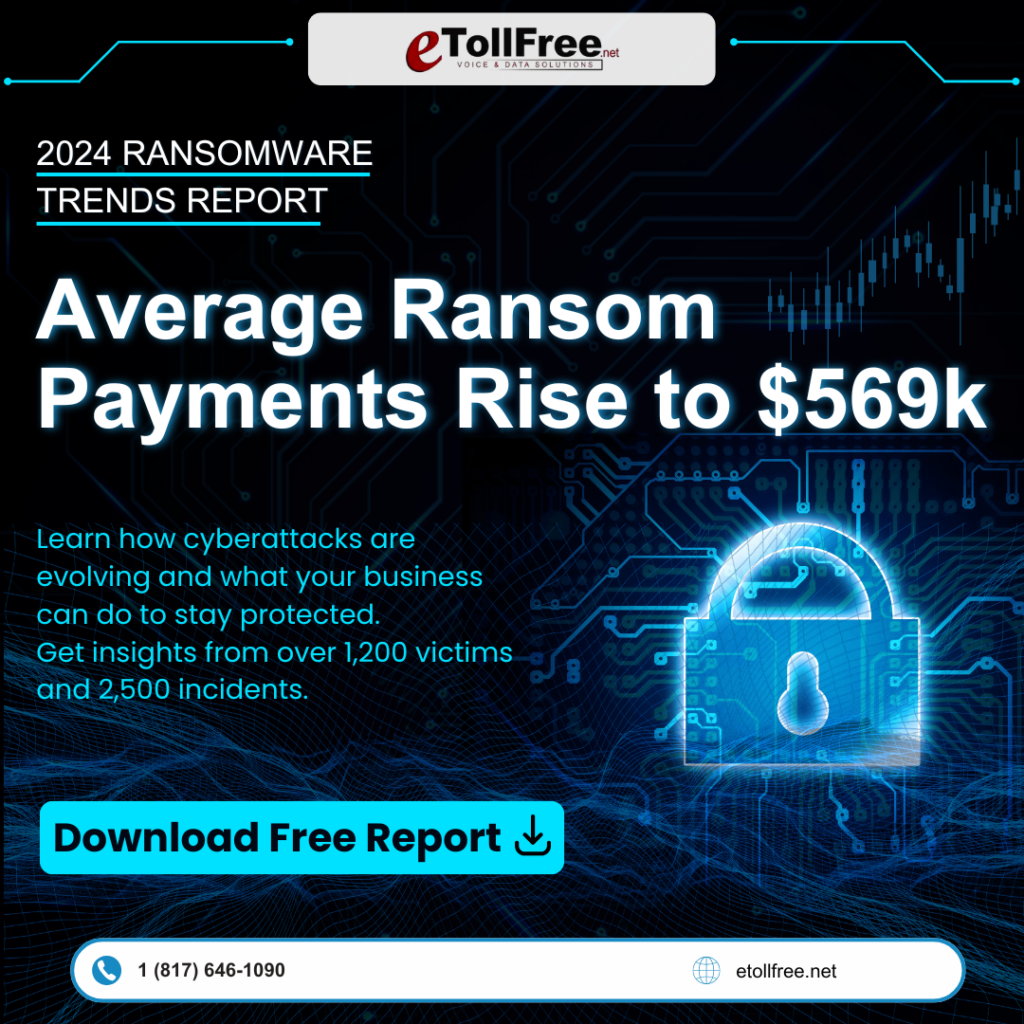Protecting Your Small Business: Mitigating Fraud, Hacks, and Data Leaks
As a small business owner, you might assume your company is too small to be a target for cybercriminals. However, this belief is becoming increasingly outdated. Fraud, hacks, and data leaks are significant threats to Small and Medium-sized Enterprises (SMEs) in the UK. Accordingly, the 2025 Cyber Security Breaches Survey revealed that 43% of UK businesses experienced a cyber breach in the past year. Therefore, it’s crucial for SMEs to strengthen their defenses against these potential threats.
Why Are SMEs Targets for Fraud, Hacks, and Data Leaks?
SMEs are inherently more vulnerable because they often lack the robust cybersecurity infrastructure that larger companies possess. Cybercriminals frequently exploit the following vulnerabilities:
- Outdated Software: Many SMEs operate on outdated systems with recognized security vulnerabilities. Thus, making them easier targets.
- Inadequate IT Support: SMEs commonly depend on outsourced IT support, which may not prioritize cybersecurity effectively.
- Lack of Employee Training: Employees may not be adequately trained to recognize threats, such as phishing emails or spoofed login pages.
- Limited Resources: With fewer resources, SMEs struggle to invest in advanced cybersecurity measures.
The Role of Cyber Insurance in Preventing Data Leaks and Hacks
While businesses traditionally invest in liability insurances, cyber insurance is often misunderstood or overlooked. Nevertheless, it provides essential coverage against numerous potential losses associated with fraud, hacks, and data leaks:
- Data Recovery: Covers costs associated with restoring data after a breach.
- Legal Fees and Penalties: Helps manage expenses resulting from legal proceedings and regulatory fines.
- Business Interruption: Insures against financial losses from operational downtime.
- PR and Crisis Communications: Offers support in managing the company’s public image post-attack.
- Access to Expert Teams: Provides specialized assistance during the critical aftermath of an attack.
Practical Steps for Mitigating Fraud and Hacks
Apart from insurance, small businesses can implement simple yet effective strategies to enhance security and guard against fraud, hacks, and data leaks:
- Employee Training: Regularly update staff on recognizing phishing attempts and suspicious activities.
- Strong Passwords and Authentication: Ensure that all systems use strong passwords and enable two-factor authentication.
- System Updates: Regularly update software to patch vulnerabilities.
- Data Backup: Routinely back up data and store backups separately from your main systems.
- Incident Response Plan: Develop a clear plan outlining whom to contact and what steps to take during various breach scenarios.
Not Just a Problem for Large Corporations
Regardless of the industry, any business handling customer data is at risk. Whether you’re running a bakery, a marketing agency, or a legal firm, cyber threats can lead to devastating consequences without the appropriate precautions. Cyberattacks are growing increasingly sophisticated, hence it is imperative that SMEs refuse to consider themselves too insignificant to be noticed.
Further Resources
For further reading and a deeper understanding of the topics discussed, consider these resources:
- Cyber Security Breaches Survey 2025: Provides comprehensive data on the prevalence and nature of cyber threats facing UK businesses. Read the full survey.
- Fraud Risk Management: A Small Business Perspective: Offers insights into how small businesses can effectively manage fraud risks. Access the full article.
- Cyber Security Breaches Survey 2024: Details trends and projections in cybersecurity for UK businesses. Explore the survey.
By incorporating these strategies and insights, small business owners can significantly enhance their cybersecurity posture, thus protecting their business from the costly repercussions of fraud, hacks, and data leaks.










